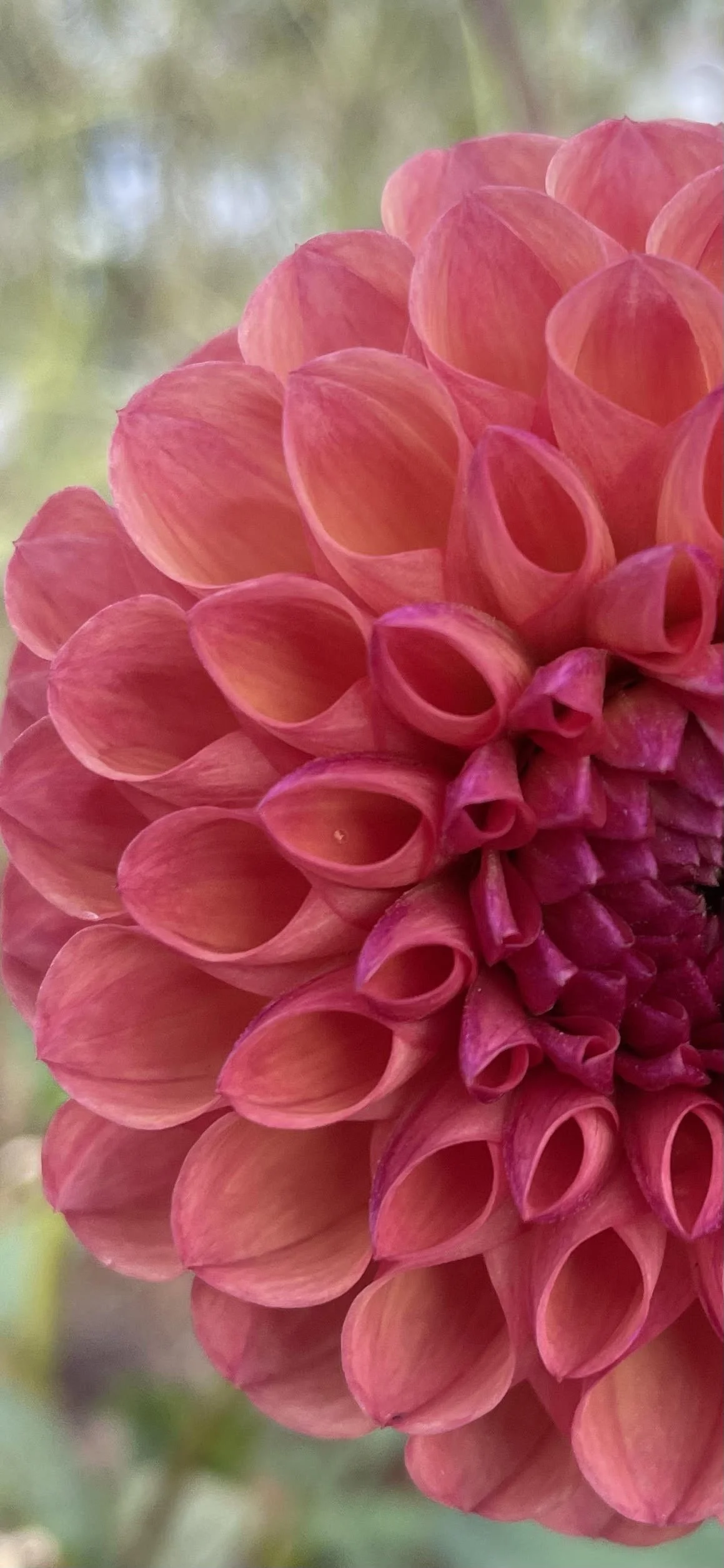More of Morning
Dear Friends,
Here is a poem by Rumi (1207-1273), the Sufi poet made known to us all in translation by Coleman Barks. (Joyce Reilly first alerted me to it: thanks, Joyce!) It continues our current theme, started for us by Emily Dickinson: what or who, is morning?
The breeze at dawn has secrets to tell you.
Don’t go back to sleep.
You must ask for what you really want.
Don’t go back to sleep.
People are going back and forth across the doorsill
where the two worlds touch.
The door is round and open.
Don’t go back to sleep.
Questions bristle from the poem, and we don't want to answer or even ask them too quickly. Just let the breeze whisper to you. Why are they "secrets," though? What is "sleep" or "waking" here? Why "must" we ask for what we really want? What kind of folk go back and forth across that doorsill; and between which two worlds? That door: Round? Open?
We could say that morning shows us the upside of impermanence, while sunset shows us the downside, since morning moves us from dark to light and evening from light to dark. But morning shows us a kind of permanence, too, and above all a re-commitment to standing, walking, and creating wakefully on earth. Today, we'll explore the morning's intimations of permanence. Waking itself, the poem seems to assert, could be continual -- as that longitude of dawn sweeps East to West around the globe.
We start by thinking the poem's thoughts and even thinking them further. At some point we may notice that a feeling reservoir flows behind all such thinking. At some other point we may meet the dawn as a being, an entity, the source of the poem's feeling: Aurora herself, or Eos himself, radiant, and promising more radiance, and looking to you to dawn.
wishing you joy,
Michael



